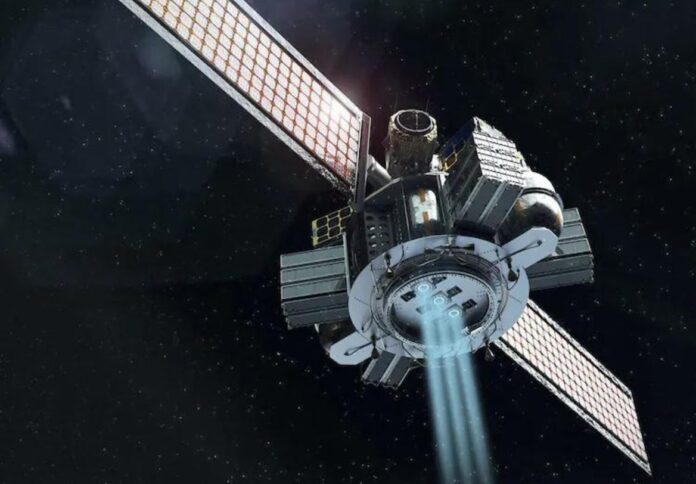
The Australian Government has committed funding to collaborative space ventures with India in a move aimed at strengthening bilateral ties and tackling mutual challenges such as climate change.
Under the International Space Investment India Projects program, a total of $18 million has been allocated to three projects.
Leading the charge is LatConnect60 (WA), which has secured close to $5.8 million to spearhead the development and construction of a Low Earth Orbit satellite within Australia.
This satellite will be tasked with gathering high-resolution data on carbon emissions, a crucial component in efforts to combat climate change.
With a planned launch from India, the project aims to streamline data acquisition processes, particularly in monitoring methane and carbon dioxide levels, thereby aiding sectors such as agriculture and resources in meeting emissions reduction and Net Zero targets.
Meanwhile, Space Machines Company (NSW) has been granted upwards of $8.5 million for its Space MAITRI initiative (Mission for Australia-India’s Technology, Research and Innovation).
This initiative will showcase cutting-edge concepts including on-orbit transportation and space debris mitigation.
A key aspect of Space MAITRI involves the deployment of an Australian-built Orbital Servicing Vehicle, which will hitch a ride aboard an Indian launcher, illustrating the collaborative nature of the venture.
In addition, Skykraft (ACT) has secured $3.7 million to develop and validate a novel Position, Navigation, and Timing system.
The project’s primary objective is to enhance connectivity among large-scale satellite constellations, crucial for activities such as Earth observation and weather forecasting.
Minister for Industry and Science Ed Husic highlighted the enduring strategic partnership between Australia and India, noting that collaborative efforts in space would not only strengthen their relationship but also yield benefits for both nations and the broader region.
He stated, “The innovations that will be developed as part of these projects are going to help address some of our greatest challenges of today like climate change, while also driving gains in areas like advanced manufacturing and artificial intelligence that will promote a Future Made in Australia.”
Crucially, each of these projects involves collaboration between Australian and Indian partners, fostering valuable commercial ties with organisations such as the Indian Space Research Organisation (ISRO) and contributing to the burgeoning Indian space sector.
The selection of these projects reflects a concerted effort to address priority areas of strategic importance identified through extensive consultation sessions led by the Australian Space Agency.
These sessions, involving over 500 stakeholders, underscored the shared vision for collaboration in space exploration and technology development between Australia and India.
According to Enrico Palermo, head of the Australian Space Agency, India’s burgeoning commercial space sector, buoyed by landmark achievements such as the successful lunar landing on the South Pole, presents significant opportunities for collaboration.
“By investing in these collaborative projects we can further strengthen the relationship between our space sectors and unlock opportunities for Australian organisations to develop even more joint projects and missions with India into the future,” Palermo remarked.
Meanwhile, Lisa Singh, CEO of the Australia India Institute, pointed to India’s dedication to advancing its space and technology capabilities, exemplified by the success of Chandrayaan-3, as indicative of the exciting opportunities for partnership on the horizon.
The International Space Investment India Projects program, first unveiled by Prime Minister Anthony Albanese and Prime Minister Shri Narendra Modi in 2023, represents a cornerstone of the Comprehensive Strategic Partnership between Australia and India.




















